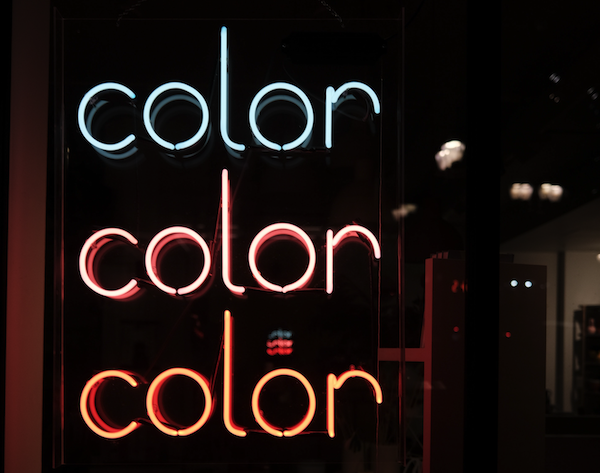The word color is used by people in the United States whereas the word colour is used everywhere else in the English-speaking world.
In this article, I will explain why these words, along with many others, are part of America’s history, reflecting the process of separation between Britain and the US colonies after the Revolutionary War.
Who is Noah Webster and why is he important?
Noah Webster, (1758-1843) was born in Connecticut. He was a famous American lexicographer and the father of American spelling reform. His story is embedded in the development of the United States after the American Revolution. His work provides an explanation for the difference between the words color and colour.
Webster believed that American words should be spelled differently than their British counterparts and he helped create a new American English which reflected the new identity of Americans and their evolving independence.
Webster saw American English words as streamlined and succinct, reflecting the minimalist and efficient American culture. He viewed differences in spelling as a statement of patriotism and as a way to demand respect from the world. He proudly proved that Americans had no need for British words with their superfluous letters.

The Rise of Spelling Reform
Prior to the 1700s, only the most educated people had learned how to write. The spoken language was the most important; the written English language and its spelling rules was not standardized or formalized.
The written language was influenced largely by dictionaries and the spellings that were written there. In 1755, the British began to unify their written language, led by the work of lexicographer Samuel Johnson, creator of A Dictionary of the English Language.
Fifty years later, across the ocean, Webster led the spelling reform movement and wrote the first American dictionary. He called it, A Compendious Dictionary of the English Language.
During the 1880s, Webster’s reforms were officially accepted, and 3,500 words changed in their spelling. After his death, the publishing company Merriam-Webster bought the rights to Webster’s An American Dictionary of the English Language, which we all know and use today.
Webster removed letters and simplified the spelling so that the American English words were spelled like they sounded.
Some examples:
The letter “u” was removed from the word behaviour, and it became behavior, just as the word favourite became favorite.
The letters “aught” were shortened to become “aft” like in the words draught and draft, more closely resembling the way that the word is pronounced.
The Bottom Line
So how do we choose which spelling to use? Different experts suggest different approaches. Possibly the most obvious is to choose the spelling that’s prevalent in the country you’re from – in other words, if you are in America and speaking American English, choose the American English spelling. If English is not your first language, then use the spelling that you were taught. If you are a writer, a student, or an editor, then conform to the spelling that’s preferred by your audience.
In any case, decide on one or another of the spellings and be consistent. Luckily, in this day and age, your loyalty to the British or English spelling will not be mistaken as a sign of treason.




Have a discussion about this article with the community:
Report Comment
We're doing our best to make sure our content is useful, accurate and safe.
If by any chance you spot an inappropriate comment while navigating through our website please use this form to let us know, and we'll take care of it shortly.
Attachment
You need to be logged in to favorite.
Log In